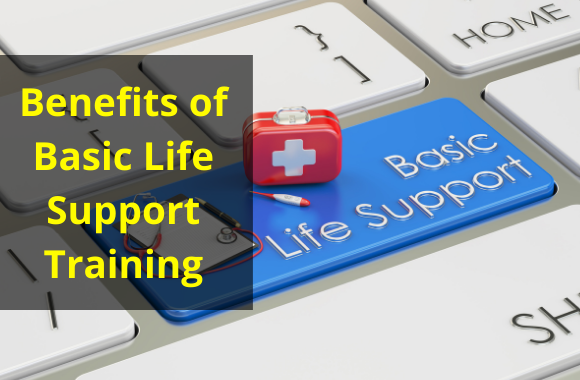
If you are looking for a career change and would like to work in the medical field, either directly helping patients, like in a hospital, or indirectly, there is a good chance that you will be required to be certified in Basic Life Support, or BLS.
What is BLS Certification?
BLS certification is a certification that shows that you know the most basic steps of life support in the case of an accident or emergency.
Who Should Get a BLS Certification?
Anyone who works in or is looking to transition into the medical field is required to have a BLS certification. Such positions include medical students, EMTs, nurses, nurse’s aides, medical transporters, paramedics, etc. Many other healthcare professionals are also require to have a BLS certification, such as those working in dental offices, nursing homes or those who are emergency responders, like police or firefighters.
You do not need to take any classes prior to getting a BLS certification, so there are no prerequisites. As long as you are physically and mentally capable of handling the course material, you can get certified. As a matter of fact, it is recommended that anyone who cares for the sick or elderly have a BLS certification.
What Do You Learn in BLS Certification?
The American Heart Association, an organization which provides BLS certification courses, lists the following as criteria that is covered in Basic Life Support:
- How to recognize an emergency situation (choking, cardiac arrest, stroke, etc.)
- How to assess a scene and the patient
- How to treat the patient for various emergency situations
- How to stabilize the patient until more advanced medical help is on scene
- Basic Life Support Skills such as:
- CPR
- Heimlich maneuver
- AED (Automated External Defibrillator)
The Good Samaritan Law
Most people are afraid to help others in an emergency situation for fear that they will do something wrong and face law suits. An important aspect of the BLS certification program is something called “The Good Samaritan Law.” This law protects volunteers providing strangers with emergency medical care from litigation in the event that anything happens to the person being helped, so long as the person providing help is not doing it as part of his or her job, and not accepting or expecting payment. The purpose of “The Good Samaritan Law” is to encourage citizens who are BLS certified to help those who are hurt without fearing legal action.
As you can see, a BLS Certification provides you with a set of skills that could save someone’s life, so find a provider today!

